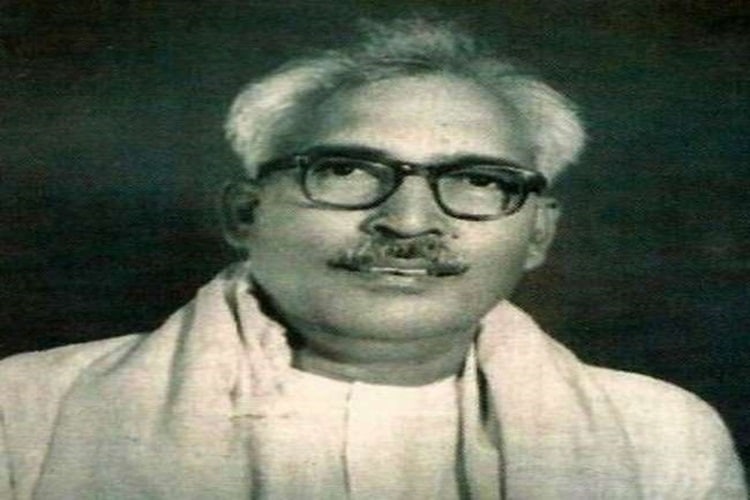Hazari Prasad Dwivedi (19 August 1907 – 19 May 1979) was a Hindi novelist, literary historian, essayist, critic and scholar.
Life and Career
Hazari Prasad Dwivedi was born on 19 August 1907, in Ballia. He was the son of a schoolteacher and grew up in a scholarly environment. He completed his early education in Ballia and then moved to Varanasi for higher studies.
Dwivedi completed his Bachelor of Arts (BA) in 1928 and Master of Arts (MA) in 1930, both from Banaras Hindu University (BHU). He then pursued a Ph.D. in Hindi literature from BHU and completed it in 1933. His dissertation was on the topic of “Bharatendu Harishchandra,” a renowned Hindi writer and playwright.
After completing his education, Dwivedi began his career as a lecturer in Hindi at Kashi Vidyapith (now known as Sampurnanand Sanskrit Vishwavidyalaya) in Varanasi. He later joined Allahabad University as a professor of Hindi literature. Throughout his career, he contributed significantly to the field of Hindi literature and criticism.
Dwivedi’s literary works are known for their depth, insight, and scholarly approach. He wrote several essays, critiques, and research papers on various aspects of Hindi literature. His notable works include ” Ashok ke phool,” ” Kutaj,” and ” Alok Parva.”
Hazari Prasad Dwivedi passed away on 19 May 1979 (age 71 years), in Delhi.
Award and Legacy
In 1973, Dwivedi was awarded the Sahitya Akademi Award for his collection of essays titled Alok Parva. This collection of essays explores various aspects of Hindi literature, including its history, development, and major literary figures.
In 1957, he was honored with the Padma Bhushan, one of India’s highest civilian awards, for his contributions to Hindi literature and education.
Hazari Prasad Dwivedi’s legacy continues to be celebrated in the world of Hindi literature. His works are studied and appreciated by scholars and readers alike for their depth, insight, and scholarly approach. He is remembered as one of the most influential figures in modern Hindi literature and criticism.

